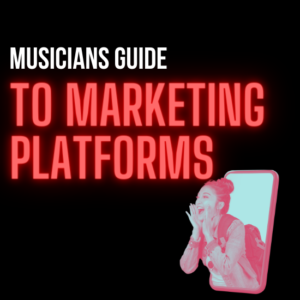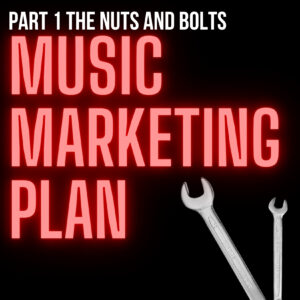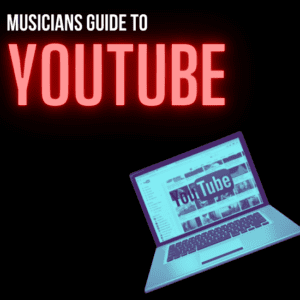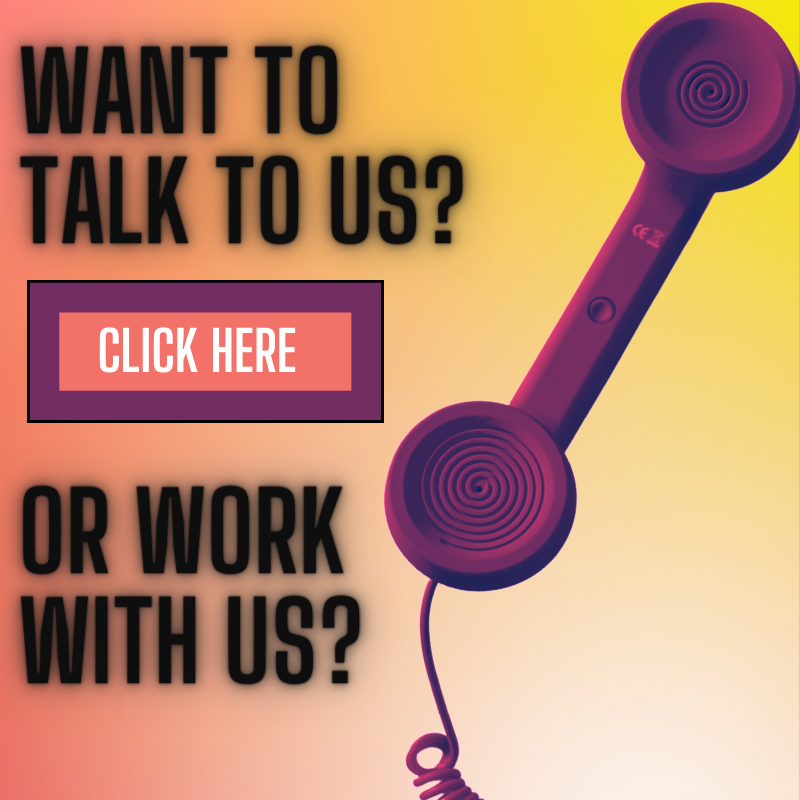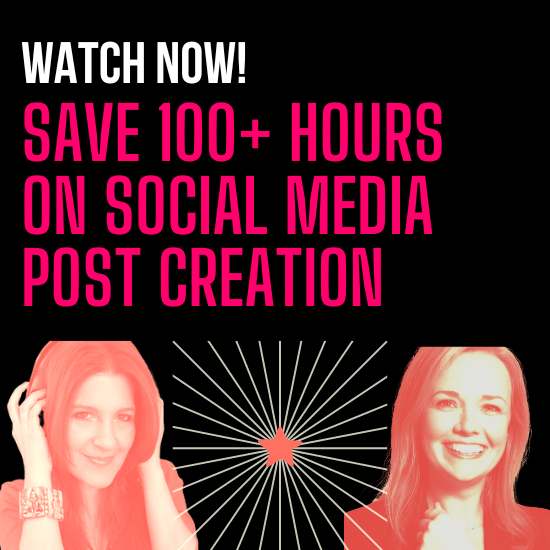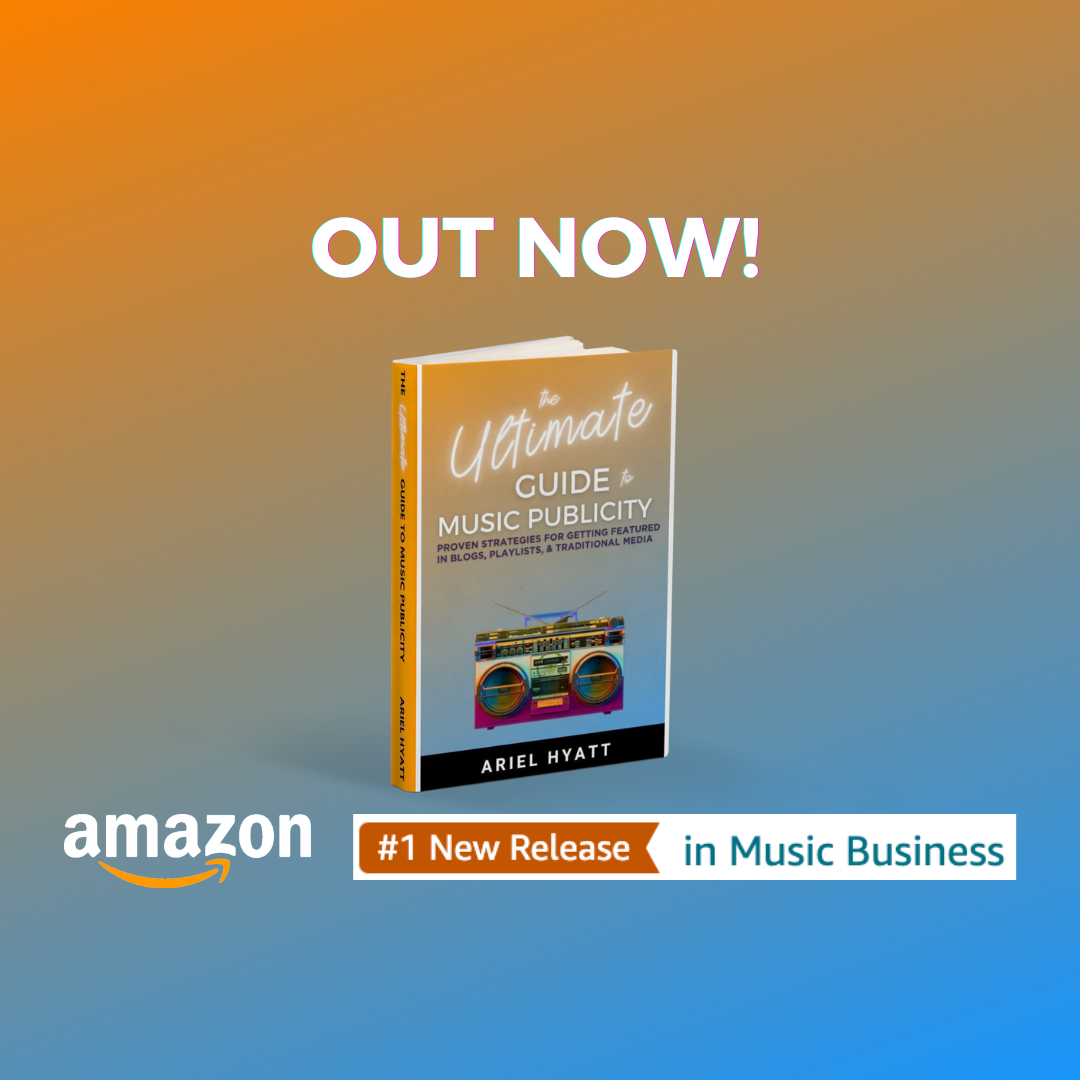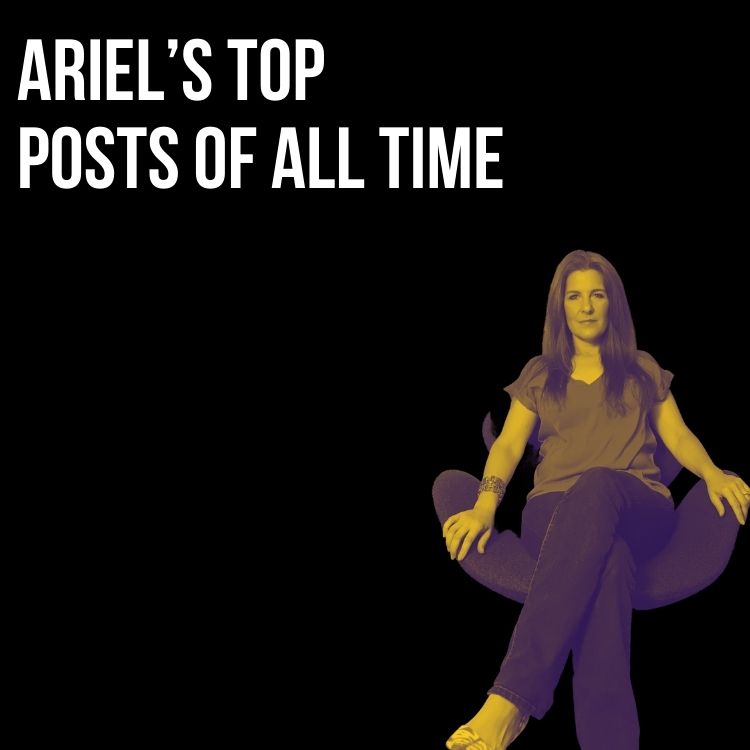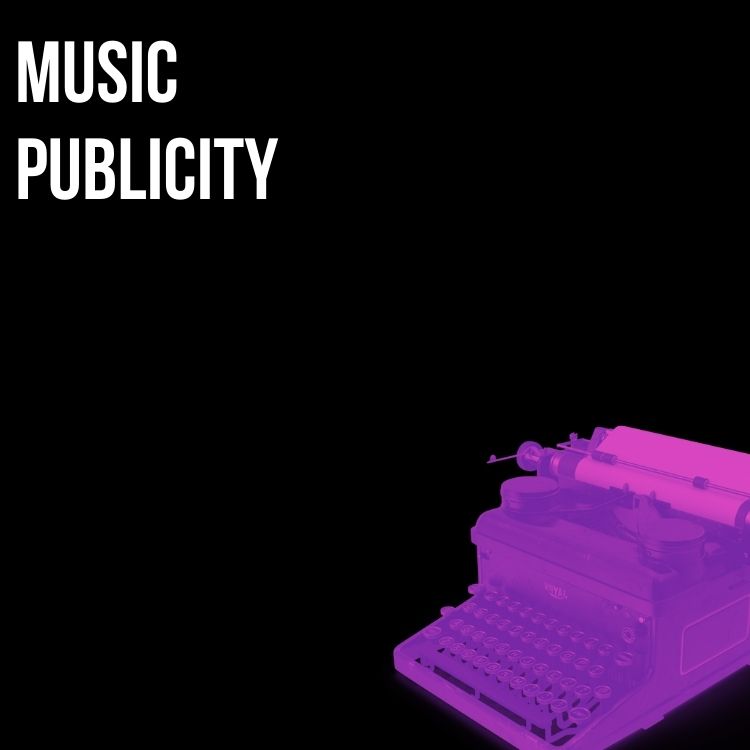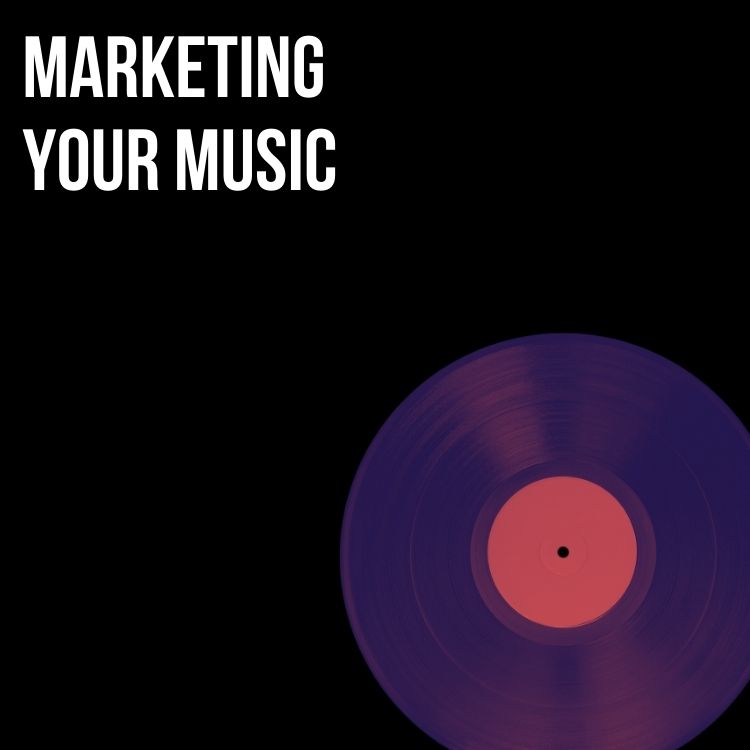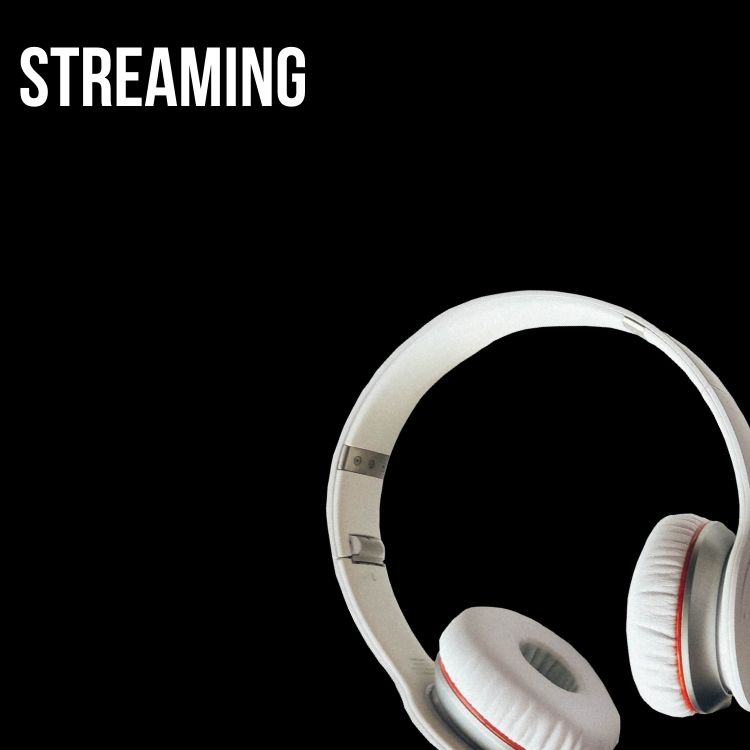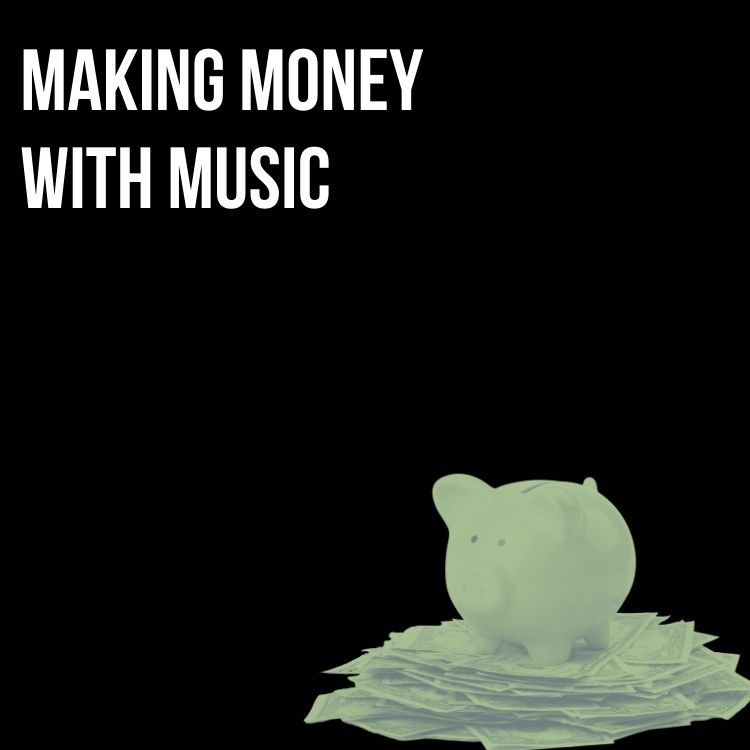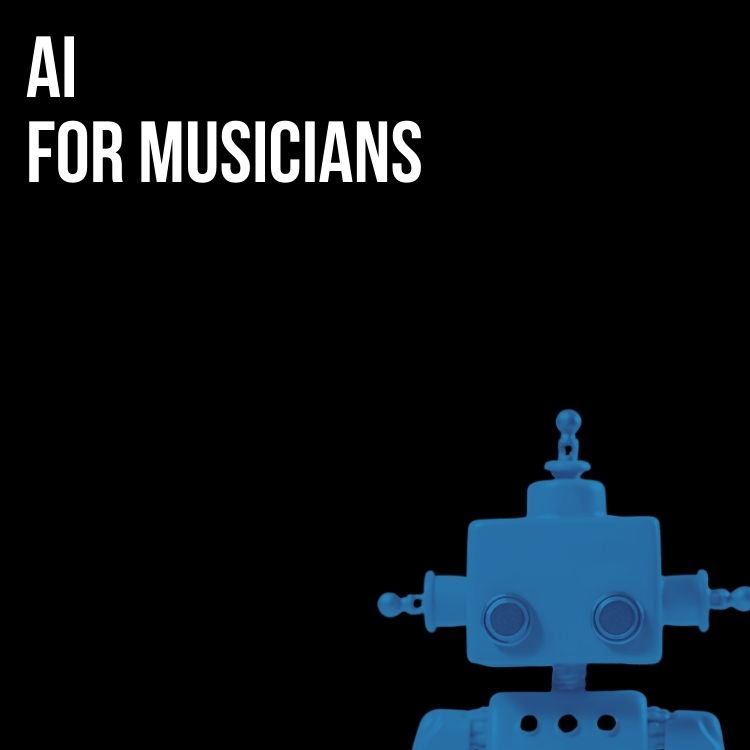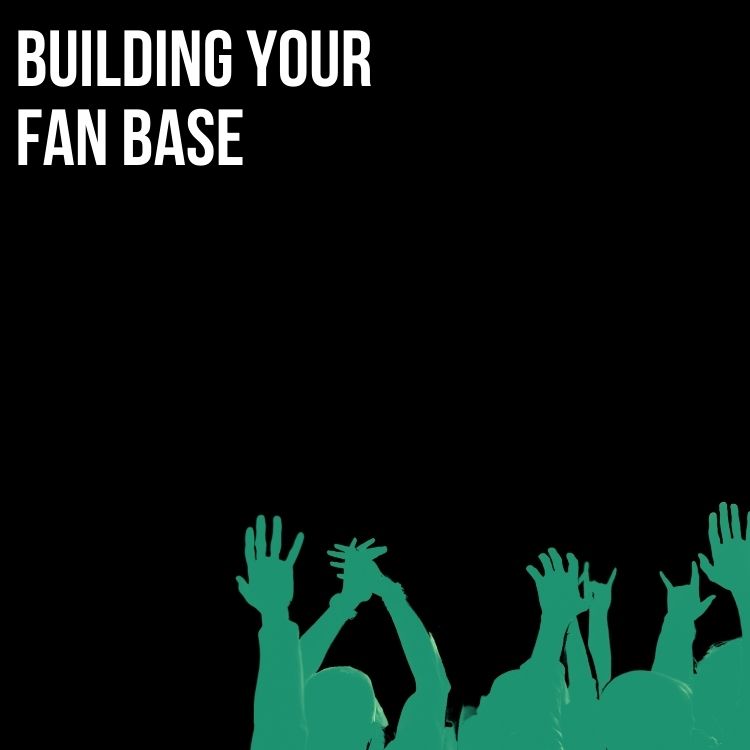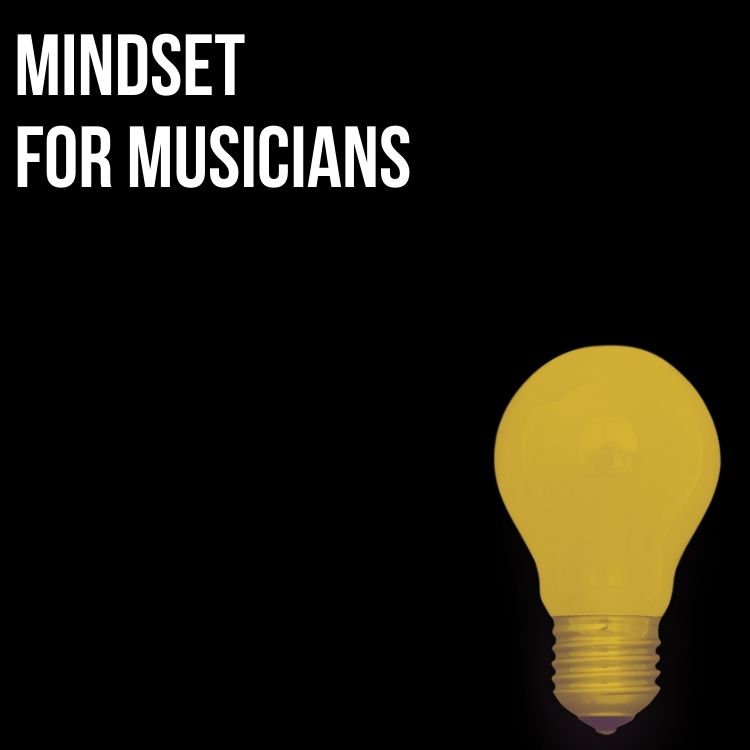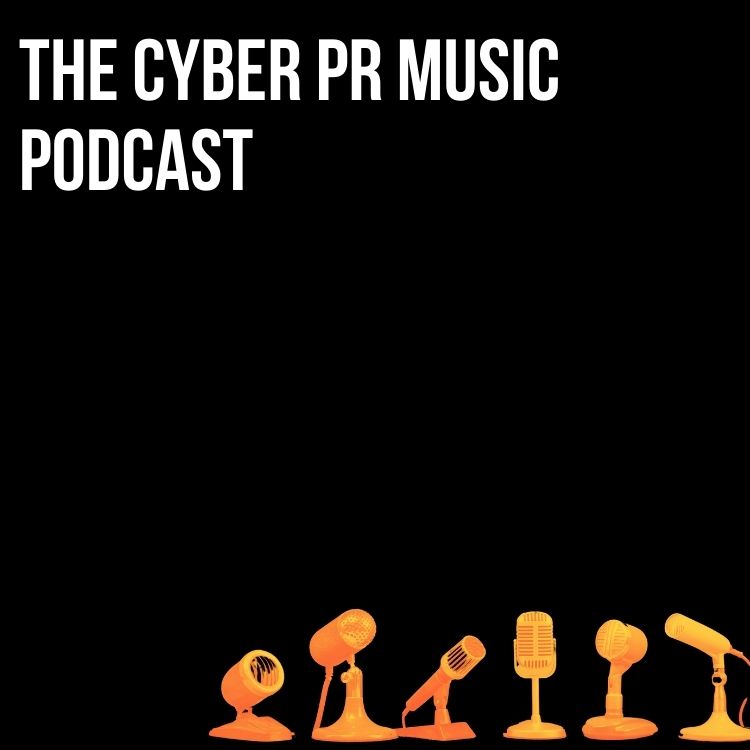
Rick Barker recently hosted a webinar exclusively for us on How To Market Like The Majors On an Indie Artist Budget. In this webinar, he also discussed his latest release The Music Marketing Vault. This vault contains lots of information and tips on how to successfully promote and market your music. Rick Barker is a former manager of Taylor Swift and marketing consultant for major record labels. Rick now works with indie artists and is dedicating his time to share what works in the marketing field with artists.
Watch the full video here.

Is Your Music Worth $1.36?
To begin, you have to make sure your career and your music worth at least $1.36 per day. You must understand that as a business you need to make investments in your business. Without feeling as though your career is worth that $1.36, you are not invested into your business enough for it to launch. A way to figure out if your music is worth this much, we will cover the 3 M’s.
Music Marketing Vault: The 3 M’s
Music is the first M we go over. Even if your marketing strategy is spot on, we can’t make up for bad music. So if your music isn’t right, your marketing strategy won’t take off. How do we know if your music is right? There are some key things to look out for to tell:
- if people are sharing it
- people are talking about it
- people are telling you what an impact your music has on them
Marketing is the second M. Once you have good music, you can market it and get people talking. You find the right audience and you target them with your marketing strategy.
Money is the final M. Quality music with the right marketing campaign targeting the right audience will get you money. What they invest in is the relationship they have with the artist. As long you aren’t the artist spamming, showing up only when you need things, and dropping random DMs, you can create a relationship. No one owes us anything. Here’s the harsh truth: no one has to pay to consume your product. Perhaps you’ll ask yourself: “how do I get my music in front of as many people as possible every single day”? Although it’s important to get many people, you have to make sure to get your music in front of the right people.
Music Marketing Vault Part 1: Discovery
What do people find at discovery? Do scouts find you on a playlist or you get a PR piece, or you make a big presence on your social media. What is it you have that will make you stand out? What will show them that you’re professional.
Website
You want to start with your website. This is your store. It is the only thing you own. When you gather people, you don’t want to gather them on borrowed property, such as Facebook or Instagram. You want them to gather at your home, your store. Whatever you are planning is the main focus on this website. If you don’t have a website set-up yet, we recommend Bandzoogle.
People want to be able to hear you, see you, and connect with you. Connecting with you is typically done through social media, not by getting them to sign up for your newsletter. When people want to hear you, they want more than just pictures. Upload players with your music loaded or a video. Do not have anything that says the word “purchase” or “buy” in the first phase in the relationship. You don’t want to send them off platform just yet, you want them on your website for a longer period of time.
Social Bios
Let us know that you’re a musician. What type of music do you play? Where can we hear your music? A very easy tool to use for sharing links that we recommend is Linktree. Make sure that the first thing that happens is they can easily listen to your music. This doesn’t mean you want 27 different links to profiles or streaming services. You only want to direct your fans to places where you are active. This is true for both socials and streaming services. Where you are most active and present, that is what links you want to put at the top.

All your headers should be your album artwork or your single artwork. Everything should be cohesive with your brand. You want there to be a correlation between you, your music, and your brand.
Removal
We want to remove anything that you would have to make an excuse for. If you feel you have to be there to explain yourself, then get rid of it. You can control everything that happens on your socials. Get rid of anything that doesn’t make sense, seems weird, or is kind of an inside joke. If it doesn’t show you in your best light, make sure that it’s gone.
This doesn’t go to say you have to delete everything. Some old YouTube videos can still be published but hidden because there may come a time where that footage can be useful. In the discovery phase, this is not the time to share. However, people want to get to know you. If you switched careers or switched genres, people want to know the backstory. Maybe those videos can help share that history.

Music Marketing Vault Pt. 2: Pre-Release
Too often, indie artists attempt to do the same exact strategies that labels who spend billions of dollars do. The issue with this is that artists who are signed to major labels have no control over where that money goes. Much of the money spent on marketing and PR actually goes towards billboards and radio commercials, things that not many people pay attention to. The perk of being an indie artist is you have complete control over how and where to spend your money.
Plan
Your pre-release plan should not be record an expensive record and hire a publicist at the beginning stages of your career. PR is important and will show up at a more established moment of your career.
Time
Every plan needs time. You need time to get your song uploaded to your distributor. You’ll need time to pitch to playlists within Apple and Spotify and other blogs. With time you can actually see results. If you expect to send your music over to CDBaby or TuneCore, do a couple posts on socials, and expect an extremely positive outcome, you’re setting yourself up for failure. A successful album doesn’t come if time isn’t allotted towards your marketing plan.
People
On this marketing journey, you are going to start with the people you know and who know you. We’re going to start with your email list. It doesn’t matter if your email list is still short, you already have a relationship developed with them and therefore are a good start. Next are your current followers and engagers on your social media. These are the people who are already interested and excited for any updates you share.

This is where your creative side can really come out. Content is super important here. You can do listening parties, create story behind the songs, little mini lyric videos, or do a pre-save campaign. Sometimes what you might have to do is start a reengagement campaign. The best way to start this is with an apology. Apologize for being silent and catch up with your fans. Take ownership of the fact that you’ve been absent and be honest about leaving your fans out.

If you haven’t been consistent with your audience, take 2 weeks before going into your pre-release strategy. The fastest way to get your engagement back up is to go to your fans’ most popular post and like and comment on that post. You can also send a voice DM as your fans would love to hear from you.
Music Marketing Vault Pt. 3: Post-Release
Don’t Assume
The first thing you want to think about in post-release is how many people saw your pre-release. You don’t want to assume that everyone got a chance to see your pre-release campaign. People are busy and some may have missed it altogether.
Pre-Save
Because we can’t assume everyone saw our original pre-save campaign, in order to really get the message out we should launch another pre-save campaign. This campaign will only be for the song that just came out. Now that there is some excitement building, you can get more people to pre-save your song. Once more people pre-save, the algorithm will adjust to your benefit because of the spike the pre-save will produce. After you get enough traction going, you can even run pre-save campaigns on past releases from your catalog.
Post Often
The reason why you want to post often is because not everyone is going to see your first, second, or even third post. The algorithm isn’t built to share your post on everyone’s feed. The more often you post, the more consistent you are with your posting, the more rewarded you’re going to be by these platforms. However, this isn’t considered spamming because, again, not everyone is going to see all your posts. You post often in the hopes you’ll show up on different peoples’ feed.
PR
This is also a great time to post any PR you’ve received. Any blogs that wrote about your music can be shared on social media during post-release time because it makes it easier for other people to check out your music. Your music will be out for everyone to listen to and download, paired with a rave review and you have a lot more going for you. You don’t have to go out looking for a top tier blog or magazine. If it looks good, your fans are going to love it. They will see this well-dressed site and think “wow, the artist I love has just been featured on this super beautiful magazine”. They won’t care about the name, but that you’re getting the feature they believe you deserve.
Free
Utilize and recognize your free resources! Your smartphone is your own radio station. Share it on socials and have the links ready to go. Whenever anyone plays your music for longer than 30 seconds on Spotify, you get paid. Instead of spending money trying to get radio play, you can spend $0 by just posting stories about streaming your music. Everything you need is at the tip of your fingers. All you have to do is take it and make it work for your plan.
We thank Rick for taking the time to share with us his Music Marketing Vault. If you would like more tips and tricks on music publicity and PR, order Ariel Hyatt’s latest book release Ultimate Guide To Music Publicity for only $7!
Subscribe for more!
Back to The Blog



